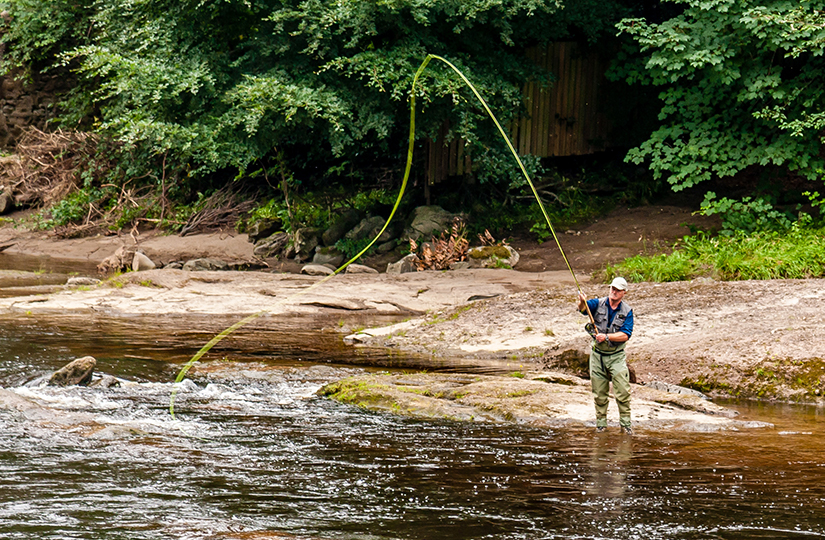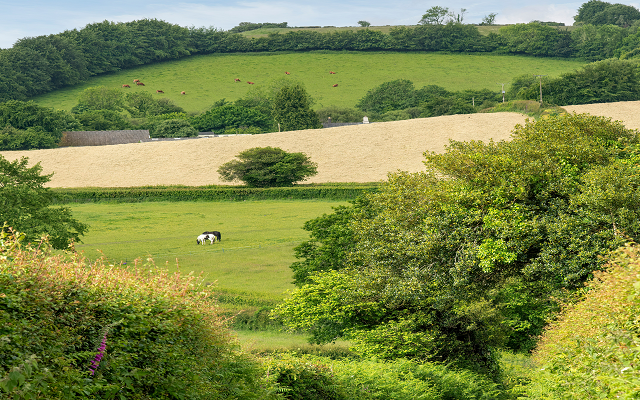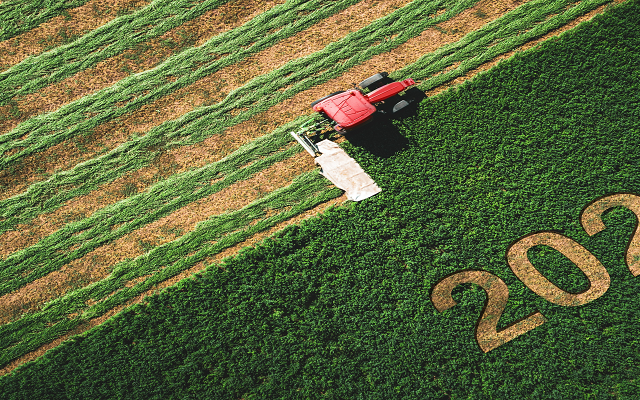An action plan is vital for Scottish rural businesses
As we begin to look to a future the other side of lockdown, it is crucial that rural landowners carry out a detailed analysis of every aspect of their businesses and create an action plan to ensure they can navigate out of the COVID-19 crisis.
Estates are extremely varied businesses with many different income streams but landowners must work out the best and worst-case scenarios and plan accordingly.
Steering estates across the country through the Covid-19 crisis has highlighted just how diverse they are. Each and every one has different business models and priorities. They can include let residential and commercial property portfolios, farming, renewables, forestry, fishing, sporting, holiday cottages, farm shop enterprises and diversified industries to name but a few. Some might involve just one or two of those while others might comprise several or all of these individual components.
To give a snapshot of our land management roles during the pandemic, we have reviewed each business on every site; analysed income streams; identified and minimised unnecessary expenses; put health and safety procedures in place; investigated and where necessary implemented employment options such as the furlough scheme; worked to safeguard the wellbeing of staff; temporarily mothballed holiday cottage businesses and function venues; ensured empty buildings are secure and properly maintained; submitted grant applications; focused on reliable and sustainable sources of income such as let property portfolios, commercial properties and farming businesses; and capitalised on opportunities such as expanding farm shop enterprises.
As rural asset managers, we are all multi-disciplined but the simultaneous demands on all aspects of our expertise as we reviewed the estates under our management in dynamic and testing circumstances has never been more intense.
However, knowledge is power and such comprehensive reviews will help enormously in coming out of lockdown. It is often easy to be so busy concentrating on day to day business that the bigger picture gets neglected; this has offered valuable time for reflection.
We are now creating post lockdown action plans. We are studying cash flows and funding or refinancing opportunities and preparing businesses for best and worst case scenarios.
It is possible that some estate enterprises will be able to get going again before other entities. Which parts of the business can be reinstated to generate income? What risk management procedures are required? How can this be done safely while adhering to social distancing? Are there any new opportunities in a COVID-19 world?
Many land-based businesses may need reshaping so they are resilient and fit for the future. It is vital to consider bigger questions regarding the estate/business that are sometimes put into the “too difficult pile” – succession, future investment projects, business health, future strategy. Strutt & Parker’s Time to Review tool is an excellent instrument in helping assess the commercial health of estate businesses. It is designed to aid long-term, strategic decision-making for mixed rural businesses with let property, by quickly identifying their strengths and weaknesses in terms of a set of selected financial ratios (Efficiency, Interest Cover and Return on Capital Employed).
The crisis has accelerated change in every industry and brought about rapid change in how people are doing things. Estate owners considering introducing new diversification projects and looking for clarity on investment decisions will find it particularly beneficial.
Some of the most obvious long-term implications of the COVID-19 crisis lie in customer-dependent income streams, such as holiday cottages, visitor attractions or function venues. However, the stunning landscapes and sense of isolation and solitude found in Scotland are increasingly attractive in the current circumstances. Future proofing land-based businesses may well lie in harnessing that demand.
There are challenges ahead but within those challenges lie opportunity and we look forward to continuing our work with rural businesses towards a flourishing future once again.






